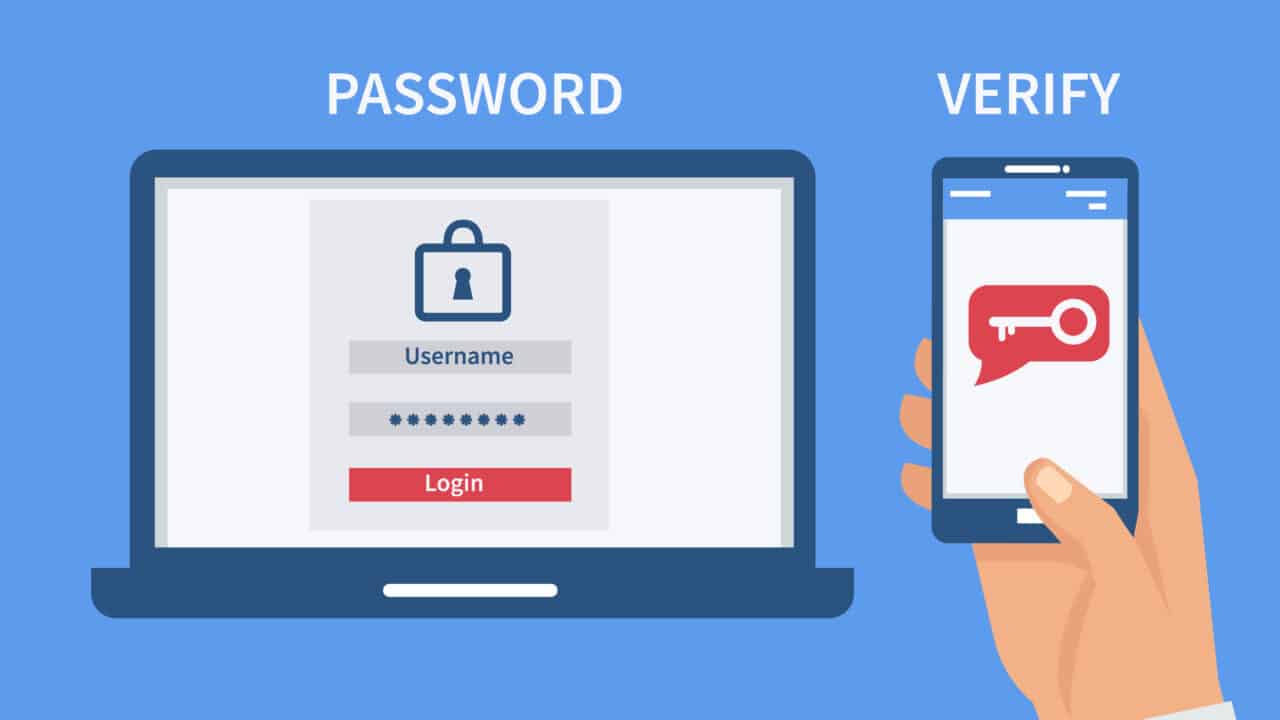
According to Microsoft, multi–factor authentication (MFA) blocks 99.9% of automated cyberattacks on Microsoft platforms, websites, and other online services. Only relying on passwords when logging in is an outdated security measure, as hackers are professional criminals that have tactics and tricks for stealing information. MFA is a great way to improve overall business security by making it more difficult for cybercriminals to enter your network. Below discusses why implementing MFA should be a top priority for your business heading into 2023:
What is MFA and How Does it Work?
MFA adds a layer of security to your network by requiring users to provide a combination of two or more credentials to verify their identity at login. Rather than just asking for a username and password, MFA requires an additional factor that only the specific user has access to, typically in the form of a pin or push notification to an app. This authentication method takes only a few seconds and adds a substantial amount of security to your organization and data, limiting the chances of your business being compromised.
MFA is Classified in 2 Groups:
MFA leverages independent factors to grant users access to a device, application or system. Typically, MFA is classified in 2 groups.
-
- Something you have, like a cell phone, private phone number, key fob/card, etc.
- Something you are, like iris scan, fingerprints, or other biometric methods
Nearly all systems and applications can be protected with MFA (email, accounting programs, remote access, VPN clients, Active Directory/Domain joined computers, etc.)
A Typical MFA Process Looks like This:
Once enrollment has taken place, a user account is tied to an MFA subscription, this can be a cellphone for SMS/Application for push notifications, a phone number for landline verification, or a key fob.
Login/Access: A user enters a username and password into a system or application that has been secured with MFA.
Confirmation: The system connects with the registered item. Cell phones may have an SMS, or pop-up notification requesting to approve the login, key fobs may light up or alert another way.
Response: The user completes the process with the approval device. Entering verification codes, answering a phone call to acknowledge, or accepting an app notification on mobile devices.
Approval: The user is now granted access to the secured system or application
Benefits of Implementing MFA
Enhance Overall Security
Incorporating MFA into your business does not compromise the user-experience. MFA applications are extremely simple to use, and it is an effective way to ensure maximum account security for users and enhance your organization’s overall security posture. Instead of relying only on passwords, which can be easily stolen, MFA helps define who does and does not have access to confidential information. By using two or more factors, stealing your information becomes more difficult for hackers and criminals. MFA adds another layer of protection from damaging attacks that can potentially cost your organization hundreds of thousands of dollars.
Ensure Cyber Liability Coverage
Cyber insurance coverage is crucial to ensure business continuity and compliance for your business. Implementing MFA is frequently becoming a prerequisite to getting approved for and keeping cyber liability coverage. Providers want to ensure that businesses are taking the right safety measures to protect their systems and users. Without MFA, there is a potential your premium will be raised, or you could be denied coverage, ultimately harming your business.
Selecting the Right MSP to Implement MFA
Your organization has the option to customize and choose the layers where you want to add MFA, as well as how often you want to add it. A managed service provider (MSP) can help you evaluate your environment and applications to determine which areas would be most effective and beneficial to incorporate MFA. Working with an MSP who has the proper knowledge and experience to deploy multi-factor authentication and help guide your business will make the implementation process more seamless for your business.
CompuData offers IT Security solutions that extend beyond traditional data protection. We offer a comprehensive solution and train your team to help protect you against cyber threats. We take a proactive approach that offers flexibility and scalability to strategically protect your company.
To learn how CompuData can help add layers of security going into 2023 with multi-factor authentication, email us!


